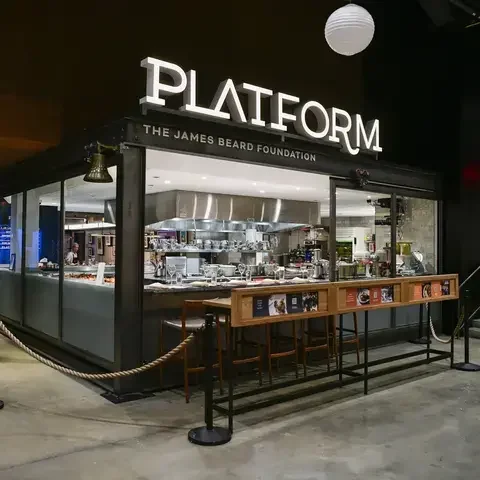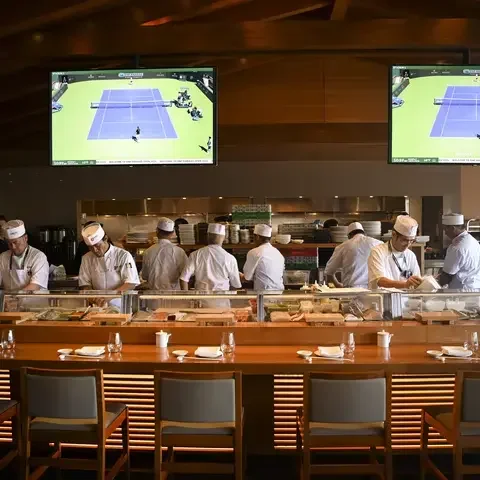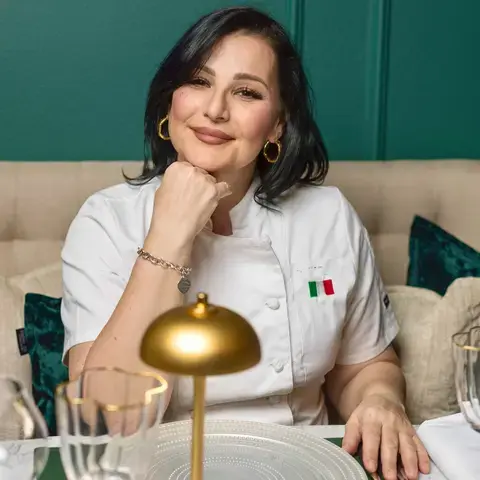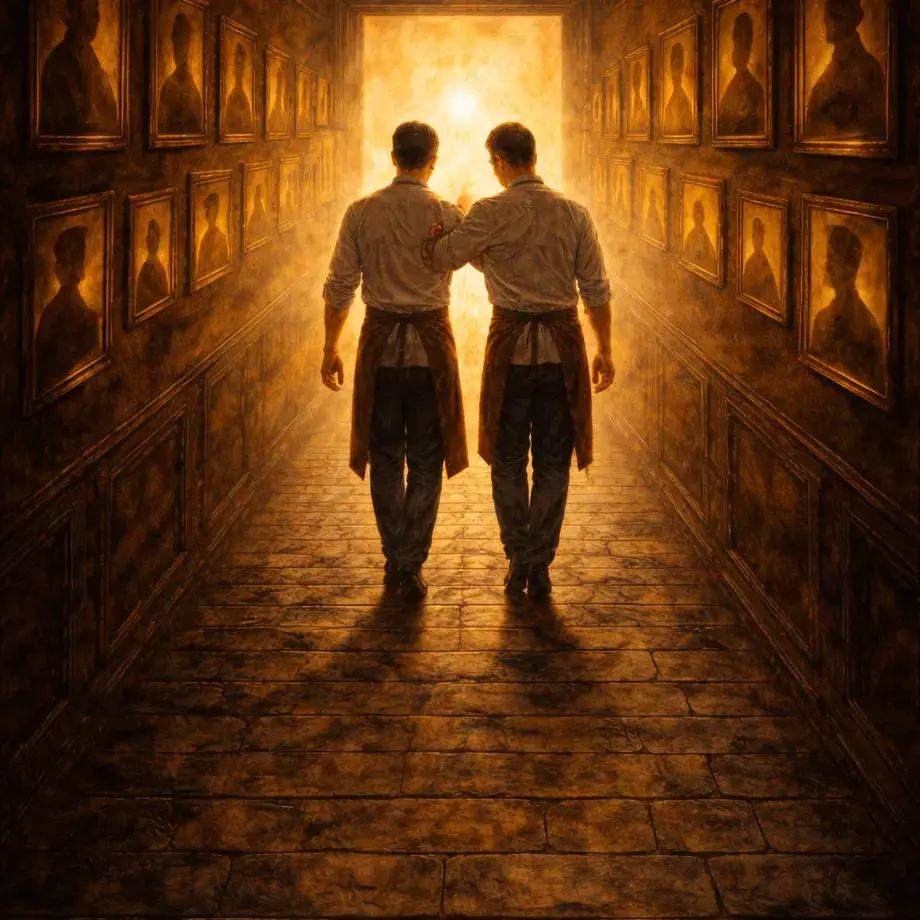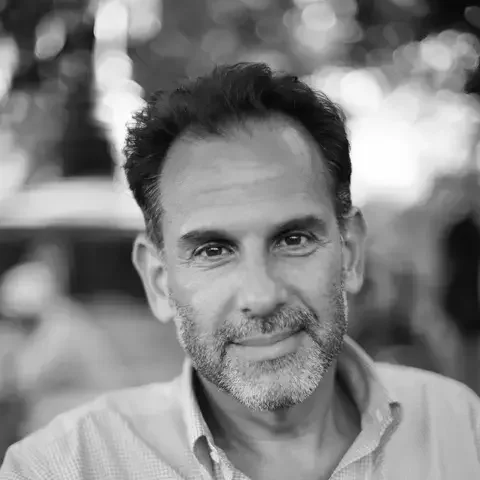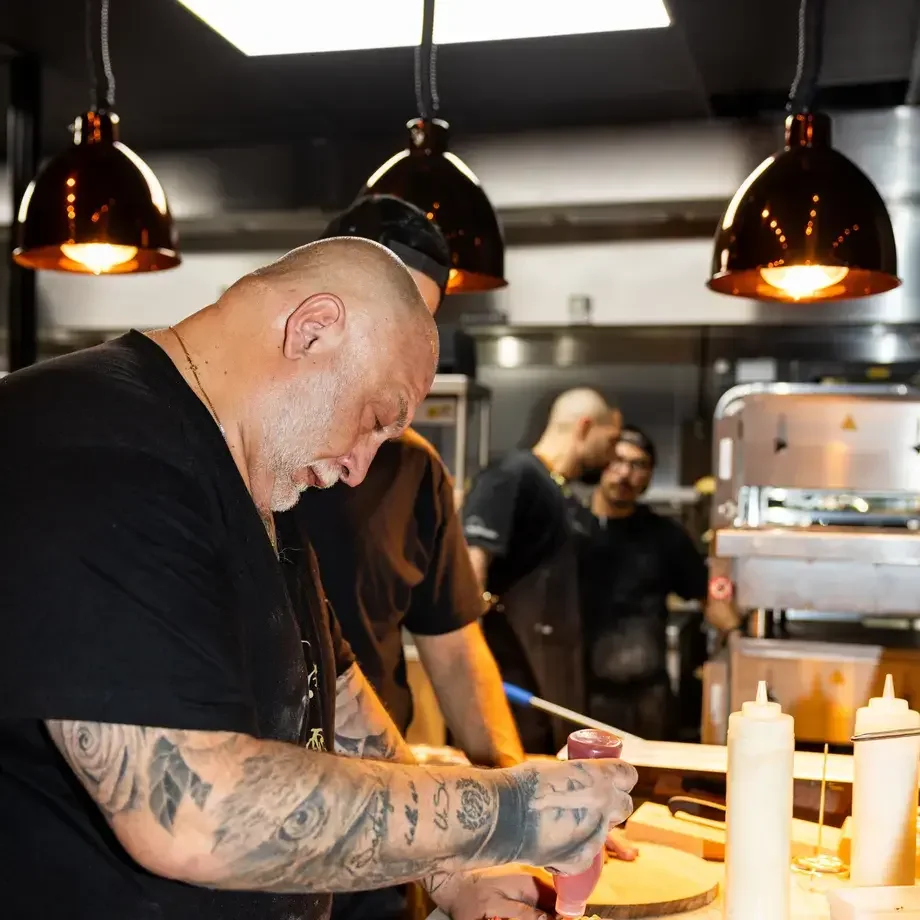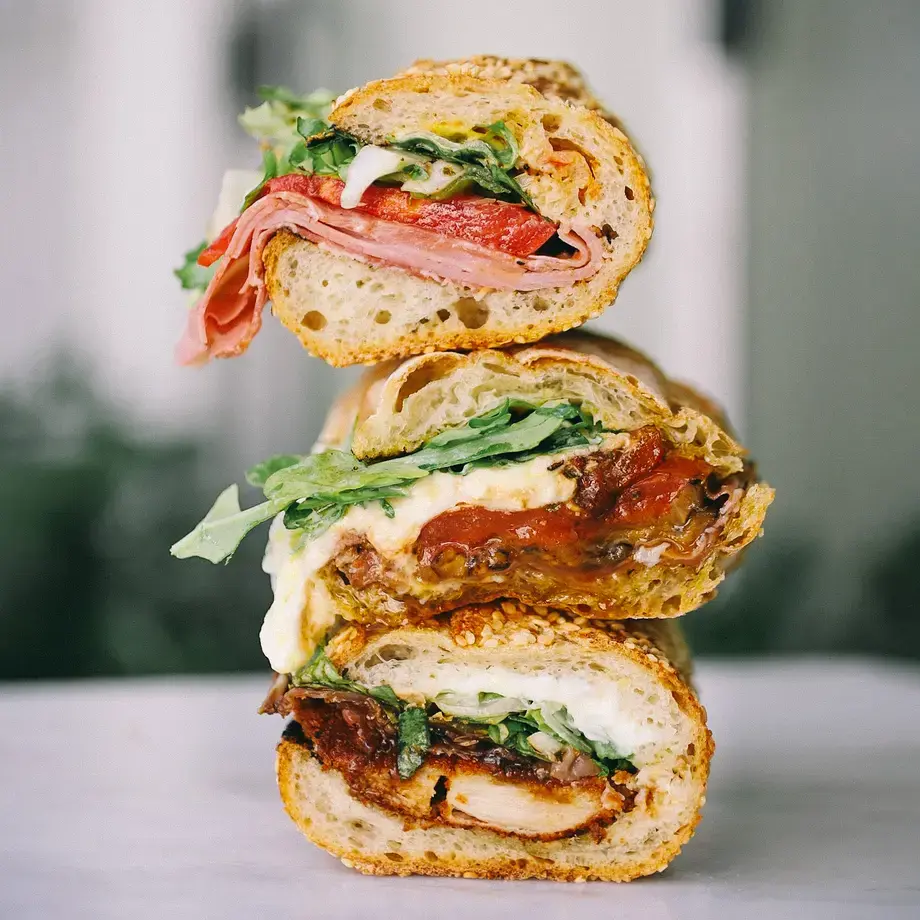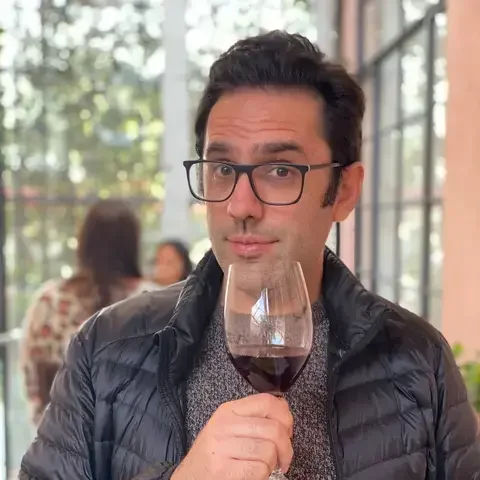The Ripple Effect of a Global Stage
When Chef’s Table first launched on Netflix in 2015, it wasn’t just the format that was unconventional—it was the reach. “We were only in the U.S. when we started,” Gelb says. “Now the show streams in over 165 countries. That’s revolutionary.”
For chefs, the global exposure was seismic. Nancy Silverton still hasn’t watched her own episode, but she hears about it almost nightly. “People cry. They hug me. They say they’ve seen it multiple times,” she says. “Some even start to tear up in front of me.” The show also opened new doors for Silverton. “It’s the gift that keeps on giving,” she says. “We were already doing well, but the show kicked it into high gear.”
Rodney Scott echoes the same sentiment. “My restaurant became a center of conversation with BBQ around the world,” he says. “People walk in and say, ‘You’re that guy from Chef’s Table.’”
The visibility doesn’t come without cost. Episodes take weeks to film. There’s no payment. The chefs must open themselves, their kitchens, their pasts. But what they gain, Gelb says, is a kind of legacy. “Years from now, Nancy’s grandkids will have that episode to remember her by,” he says. “That’s powerful.”
Redefining the Chef Archetype
From the beginning, Chef’s Table set out to expand the definition of who could be a chef—and what it meant to be one. The early episodes featured luminaries like Massimo Bottura and Ben Shewry, high-concept chefs with global recognition. But by season two, the series began to shift.
“You didn’t need a Michelin star to be on Chef’s Table,” says Gelb. “You just needed a story. Passion. Something to say.”
That ethos led the series to Buddhist nun Jeong Kwan, who lives in a monastery and cooks for her fellow nuns. To a woman baking pies in the South. To street food vendors in Bangkok. To pitmasters, pizzaiolos, and pastry rebels. If the food was an expression of self, if the work came with sacrifice and devotion, it belonged.
Rodney Scott calls it “an in-depth look into the story of a chef telling their story through food.” And Francis Mallmann—ever poetic—described the experience of filming his episode as “a way to paint, in words and images, what I have learned about living.”


















